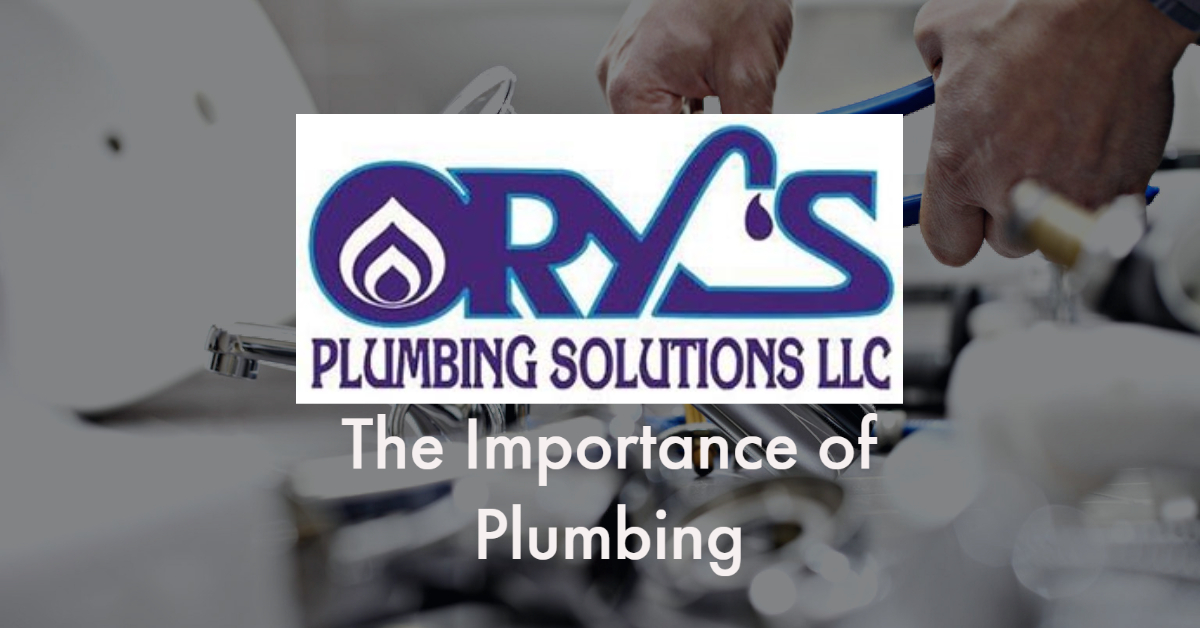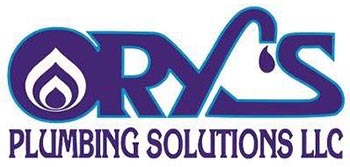
The Importance of Plumbing
If you have ever gone camping for a weekend or been through a really bad storm, you know it doesn’t take long to miss running water, flushing toilets, clean clothes, and hot showers. These modern conveniences are the benefits of plumbing systems. Your house has several separate plumbing systems. Sinks, toilets, washers, bathtubs, and related fixtures. Types of pipes for different plumbing usage may vary, from:
1. Copper
2. Plastic
3. Lead
4. Concrete
5. Steel
6. Cast iron
Plumbing is something we use every day and which most of us know little about. Shopping for your own plumbing fixtures rather than getting them through your plumber allows you to choose from a wider selection. It is a good idea to get recommendations for a professional plumber before you make your final decision.
Most people are familiar with plumbers, who come to their home to unclog a drain or install an appliance. When construction plumbers install piping in a house, for example, they work from blueprints or drawings that show the planned location of pipes, plumbing fixtures, and appliances.
Water enters your house through a pipe that connects either to a municipal water line or a private well. Faucets, like all plumbing fixtures with moving parts, are apt to require more repair than non-moving fixtures. The less strain you put on your faucets, the less frequently they need repair.
If your plumbing fixtures drain slowly, the problem may be a clogged vent. This happens when vents are improperly located and when birds or animals deposit debris in the vent where it exits the roof. You may also have a clog that requires a professional plumber to do sewer and drain cleaning for you.
Whatever your intended plumbing projects, the first step is to familiarize yourself with the water system in your home. At the very least it is important to know where to switch off the mains in case of an emergency.
